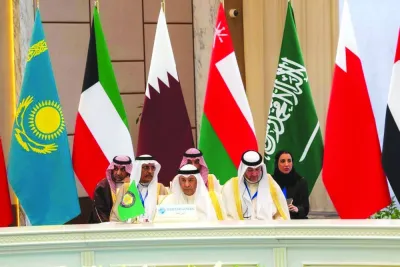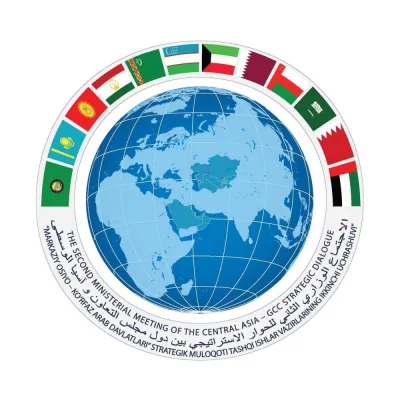Fiscal reforms are expected to progress at a “measured” pace in the Gulf Co-operation Council (GCC) in 2019, having slowed this year, according to Fitch, an international rating agency.
The recovery of oil prices has lessened some of the pressure, and socio-political considerations will continue to weigh on implementation of the reforms, the rating agency said in a report.
“Given our forecast for lower oil prices, we expect that fiscal authorities will need to continue efforts to introduce or boost taxation and to enact other measures such as public-sector pay reforms,’ it suggested.
The UAE and Saudi Arabia have made the most progress in terms of taxation and subsidy reform, although fiscal policy has become more expansionary again, casting doubt on the achievement of key objectives in Saudi Arabia’s fiscal balance programme, it said.
Bahrain and Oman are under the highest pressure to act to try and stabilise rising government debt/GDP (gross domestic product) ratios, according to Fitch.
Finding that the Gulf support, a factor baked into Fitch rating, will provide Bahrain with some breathing room; it said the $10bn GCC support package for Bahrain will help it restore external market access while the government works to stabilise its public finances.
The accompanying fiscal programme is Bahrain’s clearest medium-term plan in recent years, but achieving the government’s fiscal targets will be tough. In Oman, Fitch expects spending restraint to continue, but the introduction of VAT (value added tax) has been delayed again to late 2019.
“Our baseline forecast is for government debt/GDP to rise further, but with a shallower trajectory,” according to the rating agency.
Fitch observed that oil exporters have enjoyed a fiscal windfall from the recovery in oil prices in 2018, but it expects this to be temporary.
“Deficits should widen again under our baseline assumption that oil prices will moderate to an average of $65 (per barrel) in 2019 (for Brent) from $70 in 2018. This will mean continued deterioration of sovereigns’ debt and net foreign asset metrics. We expect gross debt issuance in the GCC for new financing and rollover of medium- to long-term maturities and short-term debt to total nearly $100bn, over 30% of this relating to international debt,” it said.

local



